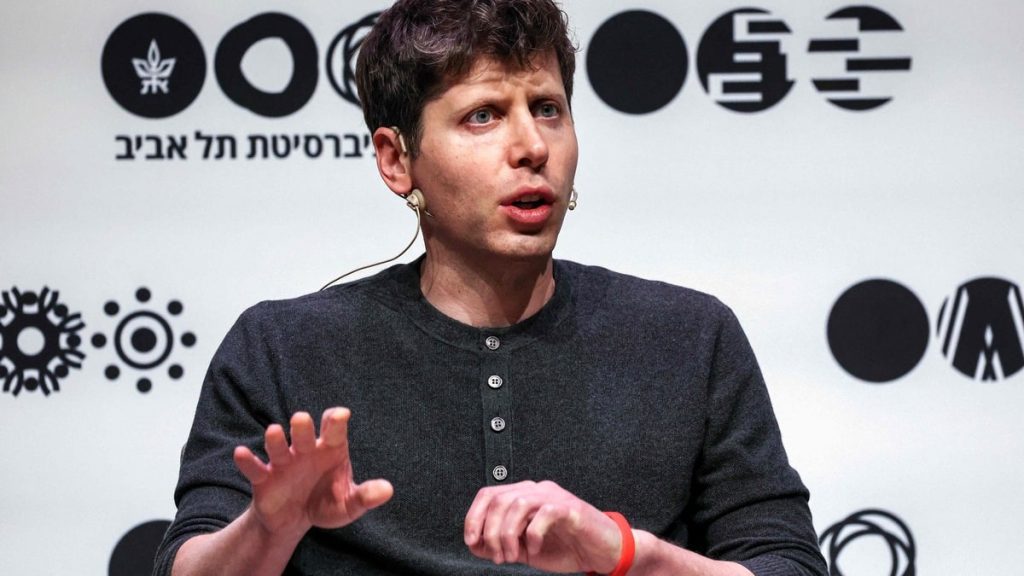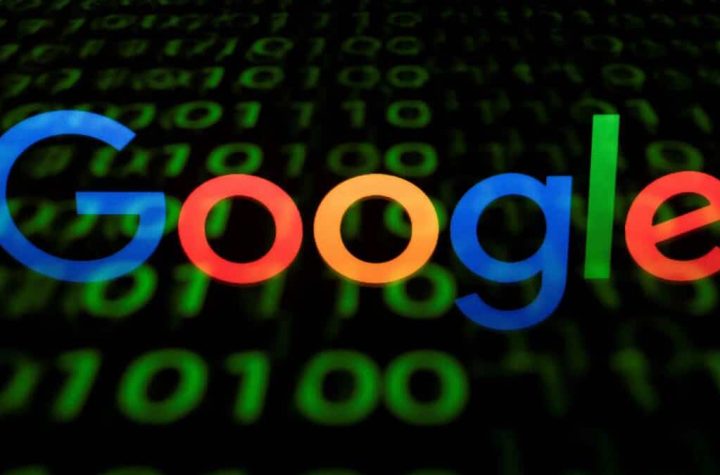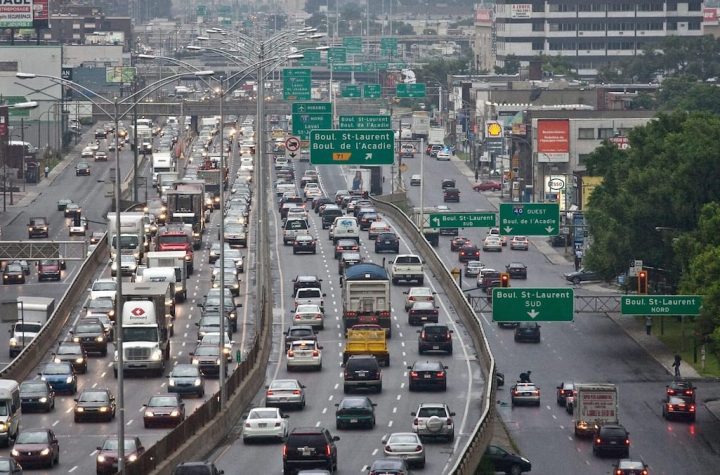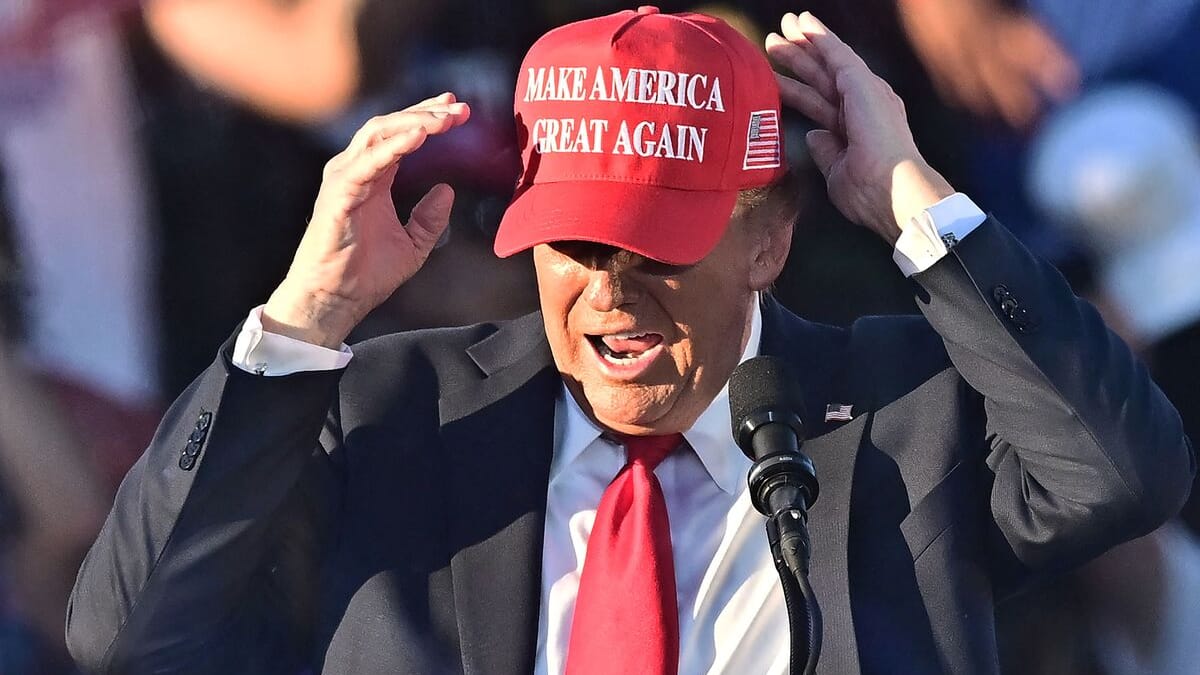
OpenAI boss Sam Altman on Monday spoke out against “rigid regulation” of artificial intelligence (AI), which risks hampering its development, but stressed the need for long-term institutional oversight.
Last month, Mr. Altman, the company that created the ChatGPT interface, testified before a US parliamentary committee that government intervention to regulate AI was “critical” to “limiting the risks” associated with the technology.
Speaking at Tel Aviv University on Monday, the OpenAI boss insisted, however, that his call for AI oversight was not about “today’s systems”.
“I think it would be a mistake to strictly regulate this area or try to slow down this amazing innovation,” he said.
But the danger is one “He admits that abuse of superintelligence is real. It’s something that “we’ll have to catch up to over the next decade, and that won’t give the world’s organizations much time to adapt.”
He again proposed the creation of an “international organization” that would use “computing power and technical (tools)” to create “a framework (…) for licensing artificial intelligence interfaces, checking their security system and providing (them) tests.” to pass.”
“It’s a way to deal with the risk” as artificial intelligence diverts from their initial use, he said, concluding the risk is “very serious”.
“We’re doing the same for nuclear,” he argued, citing the example of the International Atomic Energy Agency (IAEA).
In a meeting with Israeli President Isaac Herzog the day before, Mr. Altman emphasized the “importance and urgency of finding ways to limit these significant risks.” Everyone wants to find a solution for that.
Israeli Prime Minister Benjamin Netanyahu said Altman told him in a telephone interview that Israel “could become a major global player in the field” of AI.
In a press release, Mr. Netanyahu predicted that his country – where the high-tech sector is already a heavyweight in the economy – should “develop a national policy” in terms of AI.
Mr. Altman’s visit to Israel is part of an international tour aimed at reassuring the public about the use of OpenAI by the general public and businesses.
OpenAI’s generative AIs, ChatGPT for text and Dall-E for images, were opened to the general public in late 2022 with stunning success and a legal vacuum, notably prompting a flurry of fears about misinformation and job destruction.





More Stories
Russia imposes fines on Google that exceed company value
Historic decline in travel in Greater Montreal
Punches on the “Make America Great Again” cap: Two passengers kicked off the plane